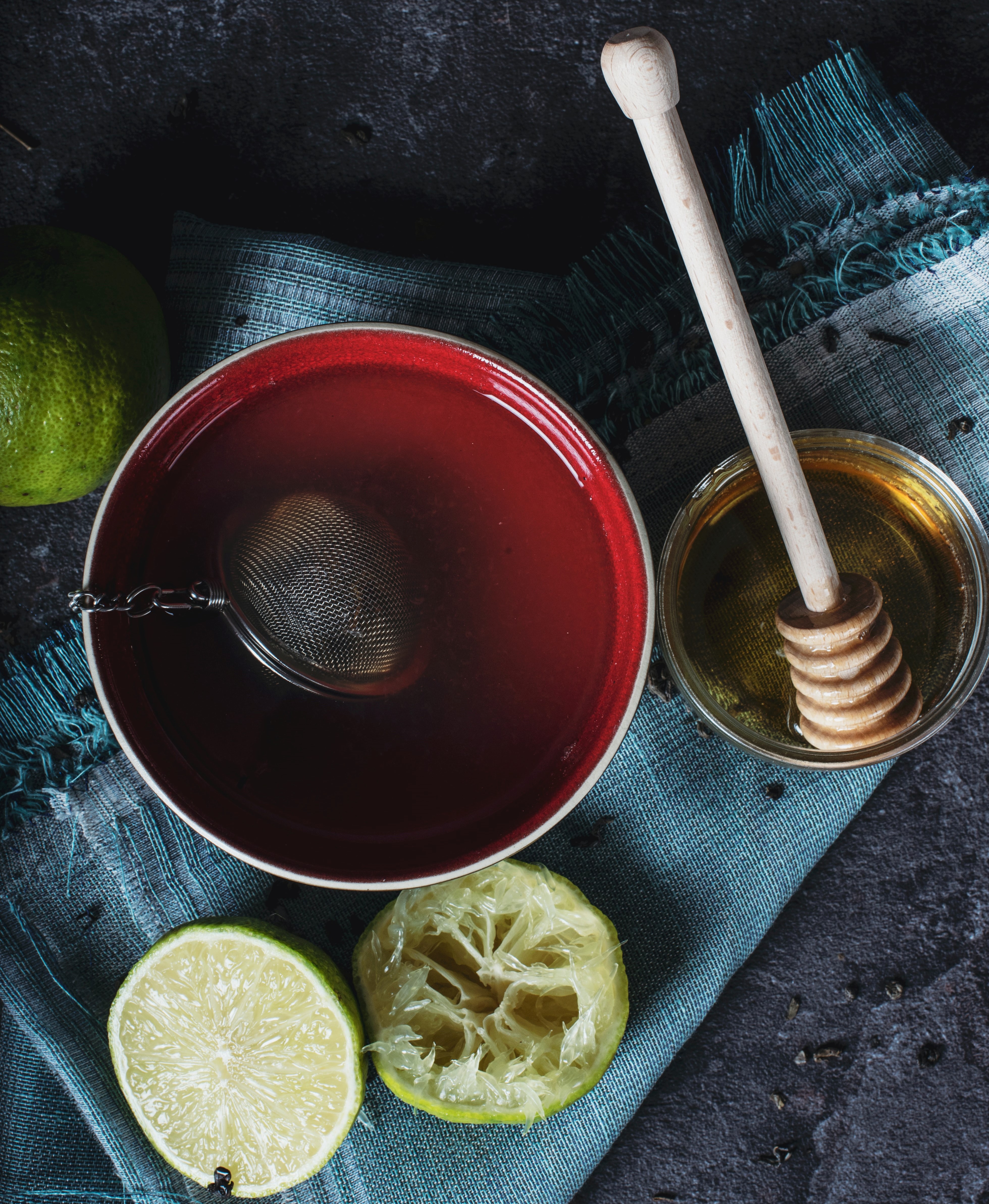Today’s #AfricanSuperfood is Hibiscus commonly consumed as Bissap 🙂
Bissap is a drink made from the species of the hibiscus flower known as the Roselle and has been used for centuries in traditional medicine. The sepals of the hibiscus flower when infused in hot water creates a pink, red, magenta liquid. When I lived in Jamaica for a short stint as a kid, and then much later while staying in Accra, Ghana I enjoyed the same drink and realized it just had many names! Bissap is called Sorrel in the Caribbean region, and Belchanda in Nepal and Grosella in Paraguay. Nigerians call it Zobo, Ghanaians call it Sobolo, and Senegalese, Congolese, Malians and Burkinabes call it Bissap, which is the national drink of Senegal.
Some of the reported benefits of drinking bissap include: it acts as a natural diuretic, has anti-inflammatory and antibacterial properties, aids in increasing appetite, is a tonic for the kidneys and liver, aids digestion, improves urinary tract health, promotes cardiovascular health, strengthens the immune system, increases energy levels, reduces high blood pressure, can serve as a mild laxative, improves skin conditions, aids with weight loss, and provides relief from cramps and menstrual pains.
In Chinese folk medicine, hibiscus is used to treat liver disorders and high blood pressure. In East Africa, the infused hibiscus drink called “Sudan tea,” is taken to relieve coughs. Although many benefits have not been subjected to clinical study, extracts of Hibiscus (Bissap) have been the subject of hundreds of scientific studies that shed light on its potency.
Scientific studies indicate that Bissap can lower blood pressure and inhibit the angiotensin converting enzymes (ACE) that play a part in raising blood pressure. Because consuming bissap can significantly lower blood pressure and dilate the blood vessels, and can be useful as an adjunct to diet and lifestyle to beat hypertension – it should not be consumed while taking antihypertensive medication. In addition, pregnant women especially in the first trimester, should not consume it as it can cause a miscarriage because of its tendencies to induce menstruation.
You can drink bissap cold or hot cold. Often ginger, cayenne, lemon, and lime are added to it. It also can be flavored with mint, pineapple, strawberry, banana, orange, cinnamon, cloves, bay leaves, and even nutmeg. When nutritionists analyzed Bissap they found them to be high in calcium, niacin, riboflavin and iron. It also provides vitamin C, and is rich in (flavanoids) antioxidants. -XO
References:
Nutritional Properties of Bissap: Health Claims & Evidence by the Pesticide Action Network UK.
Herrera-Arellano A, Flores-Romero S, Chávez-Soto MA, Tortoriello J. Centro de Investigación Biomédica del Sur, Instituto Mexicano del Seguro Social, Argentina 1 Xochitepec, 62790 Morelos, Mexico. Abstract: Phytomedicine: international journal of phytotherapy and phytopharmacology 2004 Jul;11(5):375-82.






